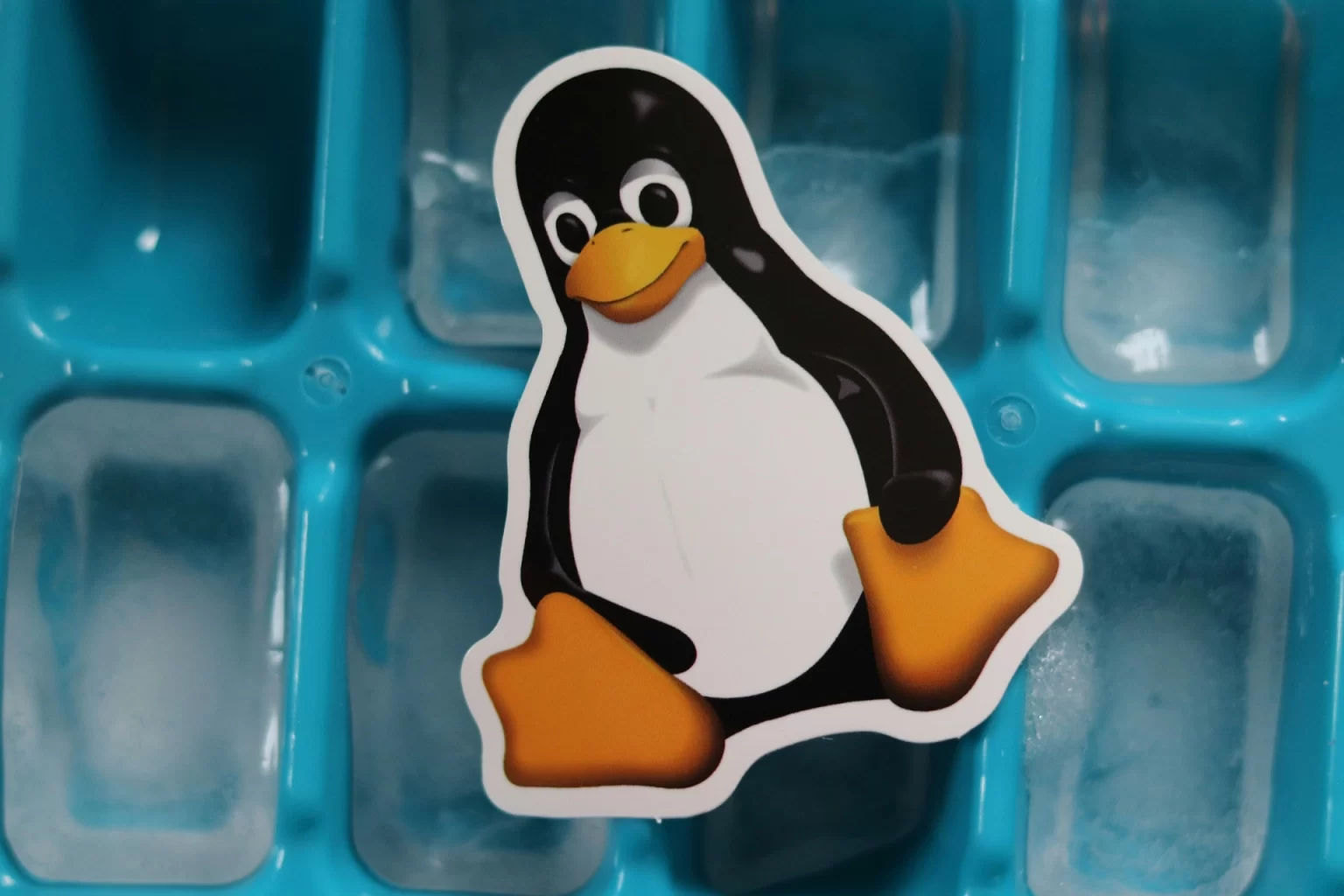Advantages of Linux: Linux is an open-source operating system(OS) that directly controls the computer hardware. The computer hardware consists of CPU, Memory, and Storage(Disks). It is the software that makes the connection between computer resources and applications so that physically we can achieve something. The Operating system consists of instructions that pass to the computer’s processor(CPU) when we physically try to obtain the desired output. The CPU processes all the tasks given by the operating System with the help of an application and sends the result back to the user with the help of the operating systems.
Advantages of Linux
Hardware – Physical devices.
Kernal – This is the Heart of the Operating System. Kernal depends on the machine and directly interacts with physical devices.
Shell – This plays a role between kernel and user. The user can’t interact with Kernel directly, so the shell does it. This is a high-level programming language, that interprets instruction given by the User. When the user executes any command, the shell converts it to Machine language and sends it to the kernel. The kernel sends the desired output to the user via shell.
Advantages of Linux
Many people have questions, Why do we use Linux?
To answer this question, I would like to know about your current OS. Is this compatible with your work? It really works fine or it is average? Does Your System slow down sometimes, and have issues like malware attacks, file system crashes, and license issues? If all the above points are normal for your Current OS then you must choose a Linux Operating System.
Open-source
Linux is an open-source operating system. That is, you may easily obtain the source code and modify it to develop as you like. It is the most common working framework for advanced business and web workers. Linux has had a significant impact on the globe.
Low cost
Since Linux and many of its software are released under the GNU General Public License, there is no need to spend time and money obtaining licenses. You don’t have to be concerned about the applications you use with Linux.
Stability
In comparison to other operating systems, Linux is quite stable. To sustain performance levels, the Linux system does not need to be rebooted. It rarely freezes or slows down. It has been up and running for hundreds of days or more.
Performance
On a variety of networks, Linux delivers excellent performance. It is capable of handling a large number of users at the same time.
Flexibility
Linux is extremely adaptable. High-performance server applications, desktop applications, and embedded devices may all benefit from Linux. Users can install only the components required for a certain purpose and can also limit which machines can be used.
Compatibility
It is capable of running all standard Unix software packages and processing all common file types.
Security
Operating System Linux is one of the safest operating systems available. Linux is more secure because of file ownership and permissions.
Networking
Linux well supports networking, and users can easily set up client and server systems on any machine running the operating system. It is quicker than other operating systems for activities like network backup.
Multitasking
Linux is an operating system that allows you to multitask. It is capable of doing many tasks at the same time.
Fast and easy installation
A user-friendly installation is included with Linux releases.
Better use of hard disk
Even when the hard disc is nearly full, Linux makes good use of its resources.
Wider Choice
There are several Linux distributions to choose from, giving you more options. Different organizations develop and support various distributions. You can choose the one that appeals to you the most; the basic functionalities are the same.
Distribution Of Linux
On top of the Linux kernel, a Linux distribution is a collection of (typically open-source) applications. In a central secure software repository, a distribution (or short, distro) can package server software, system administration tools, documentation, and many desktop apps. A distro strives to provide a unified appearance and feel, safe and simple software management, and, in many cases, a defined operational purpose.
Linux is freely redistributable and can be obtained in several ways. Various people and organizations package Linux, and they frequently combine it with free or proprietary software. This type of package contains all of the software you’ll need to install and operate it. Linux is referred to as a Linux distribution.Some popular distributions of Linux are follows :
1. Red Hat
2. Ubuntu
3. Debian
4. CentOS
Hope you like our Advantages of Linux Blog. Please subscribe to our Blog for upcoming changes.
Happy Coding!




